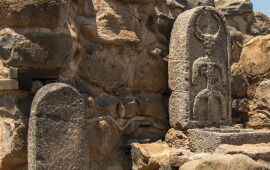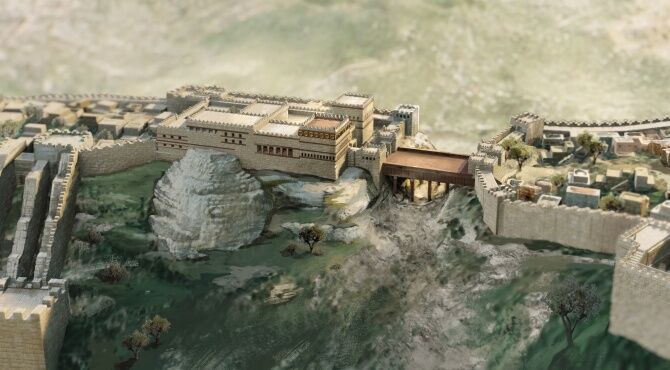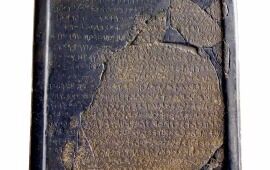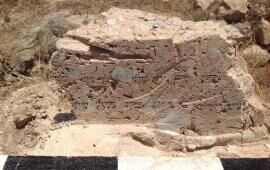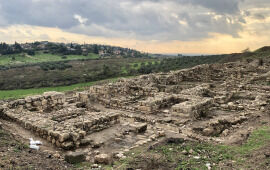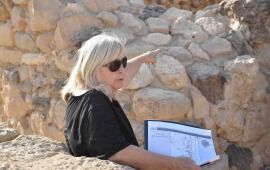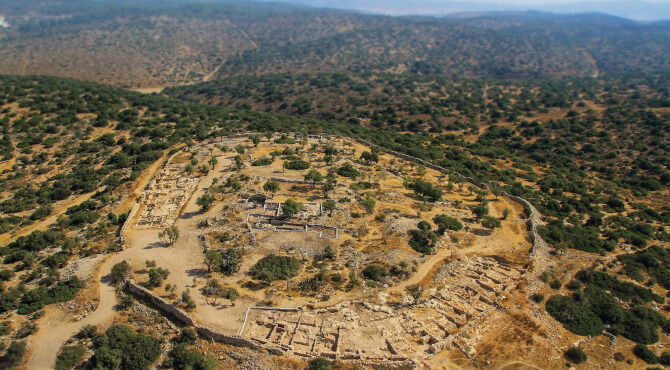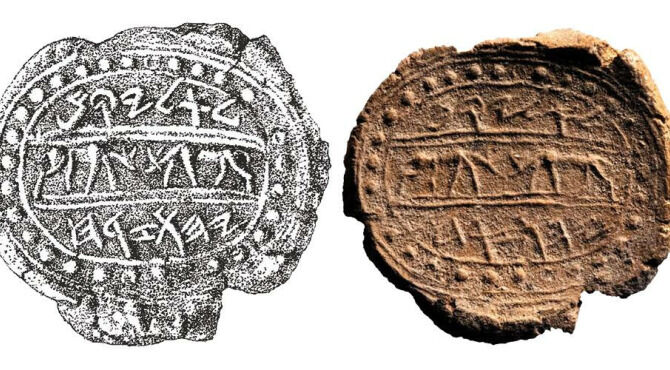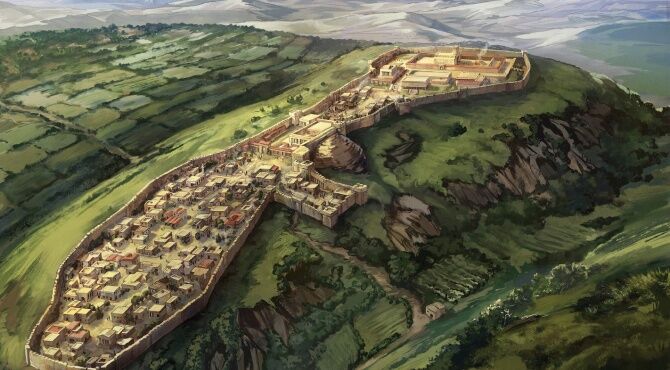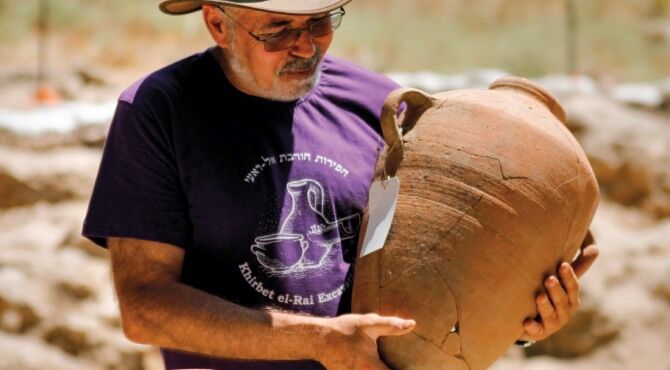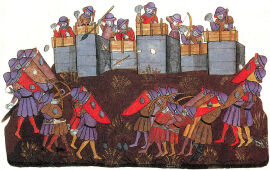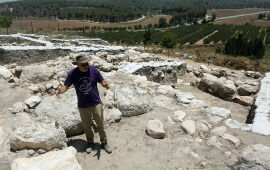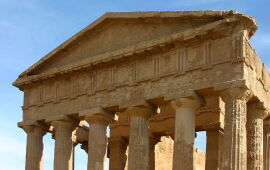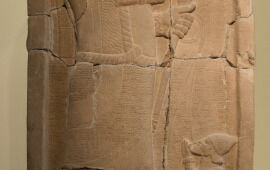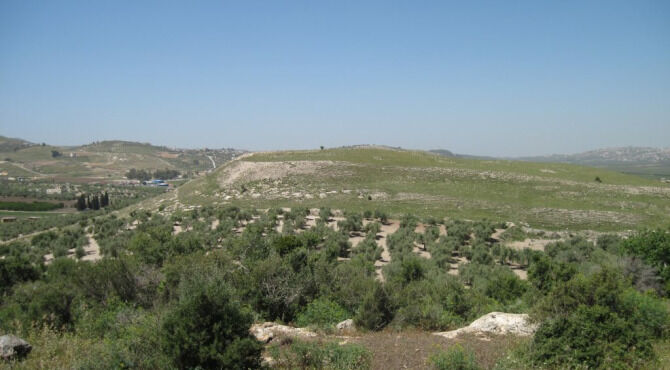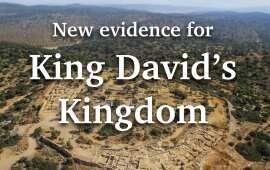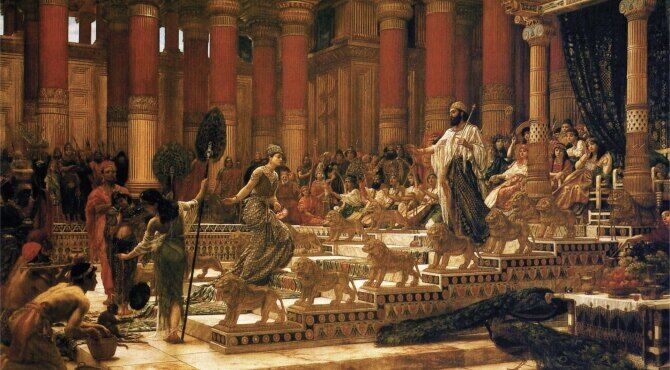- Articles
-
Excavations
- Overview
- Ophel Excavation 2025 (Upper Area)
- Ophel Excavation 2025 (Lower Area)
- Ophel Excavation 2024
- Ophel Excavation 2023
- Ophel Excavation 2022
- Ophel Excavation 2018
- Ophel Excavation 2013
- Ophel Excavation 2012
- Ophel Excavation 2009–2010
- City of David Excavation 2007–2008
- City of David Excavation 2006–2007
- Exhibits
- Publications & Reports
- Videos
- Visuals
- Tours
- עברית
- Articles
-
Excavations
- Overview
- Ophel Excavation 2025 (Upper Area)
- Ophel Excavation 2025 (Lower Area)
- Ophel Excavation 2024
- Ophel Excavation 2023
- Ophel Excavation 2022
- Ophel Excavation 2018
- Ophel Excavation 2013
- Ophel Excavation 2012
- Ophel Excavation 2009–2010
- City of David Excavation 2007–2008
- City of David Excavation 2006–2007
- Exhibits
- Publications & Reports
- Videos
- Visuals
- Tours
- עברית
Articles
Monarchy
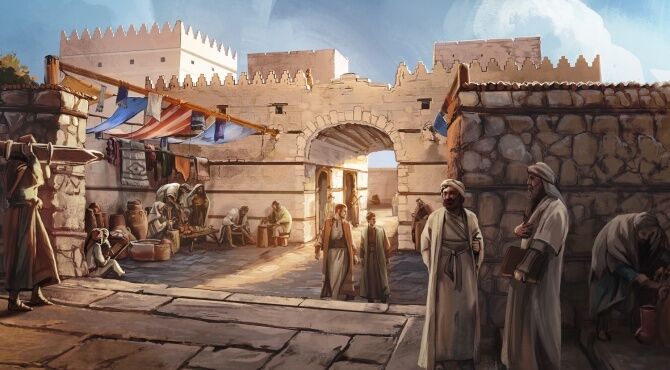
King Solomon’s Monumental Jerusalem
By Armstrong Institute Staff • February 5, 2024
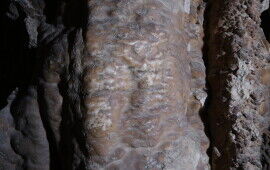
Mysterious First Temple Period Cave Inscription Further Deciphered
By George Haddad • December 1, 2023

Outposts Built by King David Discovered in Southern Israel
By Armstrong Institute Staff • November 13, 2023
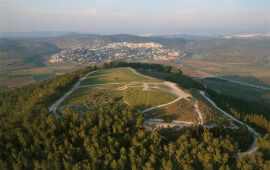
Uncovering the Bible’s Buried Cities: Azekah
By George Haddad • July 23, 2023
Copyright ©
2026
Gerald R. Flurry, All Rights Reserved.

